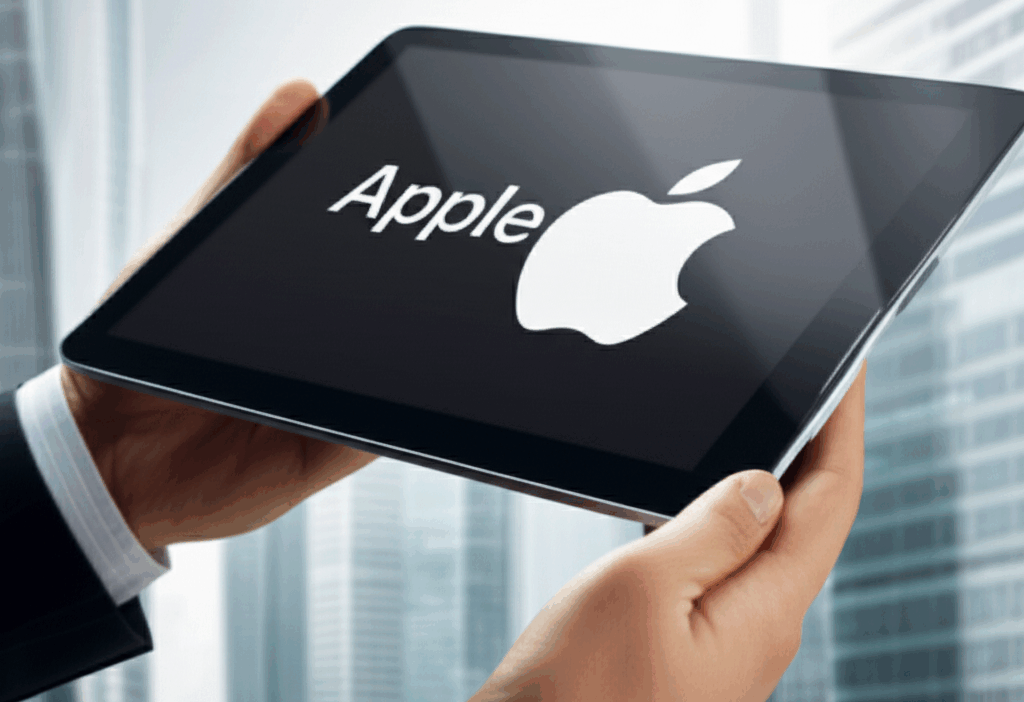Apple’s Tepid AI Reveal Adds Pressure to a Lagging Stock in the Mag 7
The tech world, and particularly the financial markets, held their breath in anticipation of Apple’s Worldwide Developers Conference (WWDC) 2024. Long perceived as a laggard in the artificial intelligence race, investors keenly awaited a breakthrough that would propel the Cupertino giant into the AI era alongside its “Magnificent Seven” peers. However, the subsequent reveal of “Apple Intelligence” was met with a muted response, doing little to alleviate the mounting pressure on a stock that has conspicuously underperformed its fellow tech titans this year. For young investors keenly observing market shifts, Apple’s current trajectory underscores the intense innovation imperative driving today’s economy.
Apple Intelligence, positioned as a deeply integrated personal AI system, promised to weave generative AI capabilities throughout iOS, iPadOS, and macOS. Features like enhanced writing tools, image generation, and a more context-aware Siri, coupled with a highly publicized partnership with OpenAI to integrate ChatGPT, were presented as the future of personal computing. The company emphasized its unique approach, leveraging on-device processing for privacy while tapping into cloud computing for more complex tasks via what it terms “Private Cloud Compute.” Despite these ambitious claims, the market’s reaction largely fell flat. Critics noted that many of the features felt iterative, akin to functionalities already introduced by competitors like Google’s Gemini or Microsoft’s Copilot. The promise of a truly revolutionary, iPhone-redefining moment, akin to past product unveilings, failed to materialize. Moreover, the limited initial rollout of Apple Intelligence to only the newest models, such as the iPhone 15 Pro and devices with M1 chips or later, dampened immediate widespread enthusiasm and signaled a potential wait for broader adoption and monetization.
This seemingly tepid reception arrived at a critical juncture for Apple. The company’s stock (AAPL) has struggled to keep pace with the broader market and, more pointedly, with its hyper-growth “Mag 7” counterparts. While Nvidia, Microsoft, Amazon, Alphabet, Meta, and even Tesla (though its inclusion varies) have seen significant gains fueled by AI enthusiasm and robust earnings, Apple’s year-to-date performance has remained largely stagnant, trailing the S&P 500 and significantly lagging the Nasdaq 100. This underperformance is particularly striking given Apple’s historical role as a market leader and its immense market capitalization. Several factors have contributed to this lag: persistent challenges in the crucial Chinese market, regulatory headwinds in various global jurisdictions, and an ongoing slowdown in iPhone sales growth, which remains its primary revenue driver. Investors have been searching for a new catalyst, a definitive “next big thing” that would reignite growth beyond iterative hardware updates. Many hoped Apple Intelligence would be that catalyst. Its failure to inspire a significant rally or generate widespread investor confidence suggests that the market views Apple’s AI strategy as playing catch-up rather than leading the charge.
The implications for Apple are significant. In an era where technological innovation is paramount, especially in AI, a perceived lack of groundbreaking development can translate directly into investor skepticism and a depressed stock valuation. Apple, long admired for its seamless hardware-software integration and unparalleled brand loyalty, must now demonstrate not just the technical prowess of its AI but also a clear path to monetization and sustained user engagement that justifies its premium market position. The upcoming months will be crucial as the company rolls out Apple Intelligence to the public, facing the challenge of proving its AI capabilities are genuinely transformative and not merely reactive. For young investors, Apple’s journey serves as a potent reminder that even the most established giants are not immune to market pressures, and that the long-term success of a company is inextricably linked to its ability to innovate, adapt, and clearly articulate its vision for the future. The pressure is on for Apple to not just deliver AI, but to truly redefine it.





